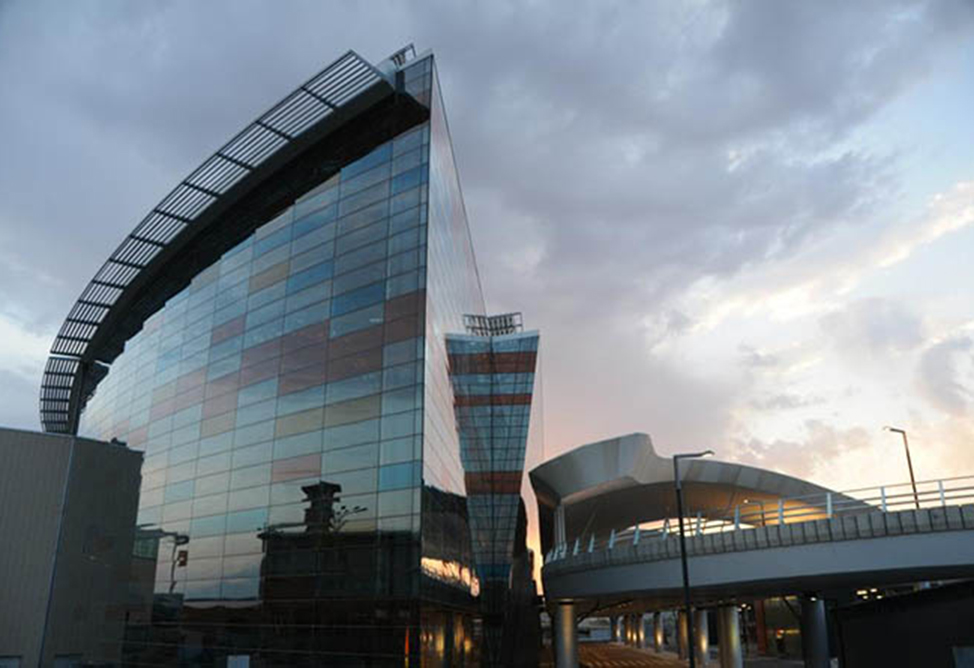Armenian Finance Minister Assesses Impact Of Israel-Iran Escalation On Armenian Economy

YEREVAN, June 16. /ARКА/. Armenian Finance Minister Vahe Hovhannisyan assessed the possible impact of the escalation between Israel and Iran on Armenia's GDP.
On the night of June 13, Israel attacked military and nuclear facilities in Iran, and also carried out special operations to eliminate representatives of the country's top military leadership and nuclear physicists. On the night of June 15, Iran retaliated by attacking Israel with ballistic missiles and drones. Mutual attacks continue, with reports of damage to civilian and military facilities, and numerous deaths and injuries.
"There are different possible scenarios. Naturally, we also consider different risk scenarios in our budget documents. For example, in the case of one of the risk scenarios, economic growth may be 1.3% instead of the envisaged 5.1%. As for the escalation between Iran and Israel, there are phenomena that can have a positive impact on us; this largely depends on the degree of this escalation and its duration," Hovhannisyan said at a press conference.
He recalled that when the Russian-Ukrainian conflict began in 2022, Armenia, based on the experience of 2014, immediately began to consider worsening scenarios.
"But the reality seemed a little different, fortunately, and we had more positive events. We are not rushing to draw conclusions now, our tasks remain the same. Of course, our colleagues in the Ministry of Economy are also dealing with issues related to logistical supplies that go through Iran," Hovhannisyan said.
Among the negative consequences of the current confrontation, he named the likelihood of disruption, prolongation, and increase in the cost of supplies from Iran.
"If the situation worsens to such an extent that, for example, international investors also begin to consider Armenia a risky environment for investment, this may already affect interest rates, etc. In other words, there are many factors that can affect this, but we need to monitor the developments and understand what we need to do to mitigate these effects," Hovhannisyan said.
Figures and forecasts for the Armenian economy
Armenia's economic growth in the state budget for 2025 is envisaged at 5.1%. According to the Central Bank's report on monetary policy for the first quarter of this year, by the end of 2025, Armenia's GDP growth is expected to be within 7-4.8%, in 2026 - 4.7-4.1%, in 2027 - 4.7-6.1%.
The EDB forecasts Armenia's GDP growth at 5.5% in 2025. The WB expects Armenia's economy to grow by 4% in 2025, the IMF - by 4.5%, the EBRD - by 5%, and the ADB - by 6%. According to the forecast of the Fitch Ratings agency, Armenia's economic growth in 2025 will be 4.9%, and the UN expects the Armenian economy to grow by 5.2% in 2025. -0-



